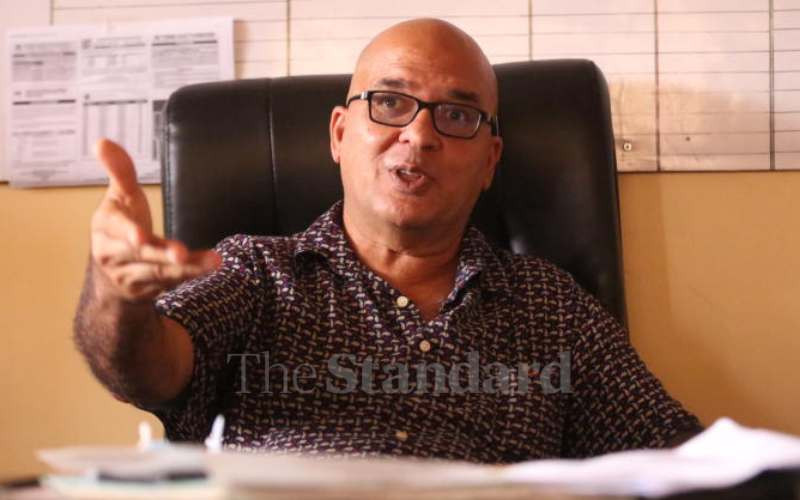×
The Standard e-Paper
Kenya’s Boldest Voice

For three consecutive terms, Shakeel Shabbir has defied racial and cultural barriers to cement his name among the greats of Kisumu East, always winning with clear margins.
In the political battle he faced in 2017, Mr Shabbir defied party odds and won the seat as an independent candidate in an area where the ODM party enjoys significant support.